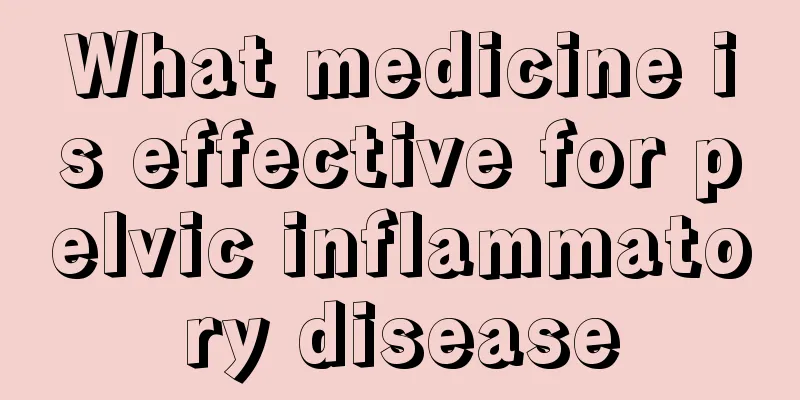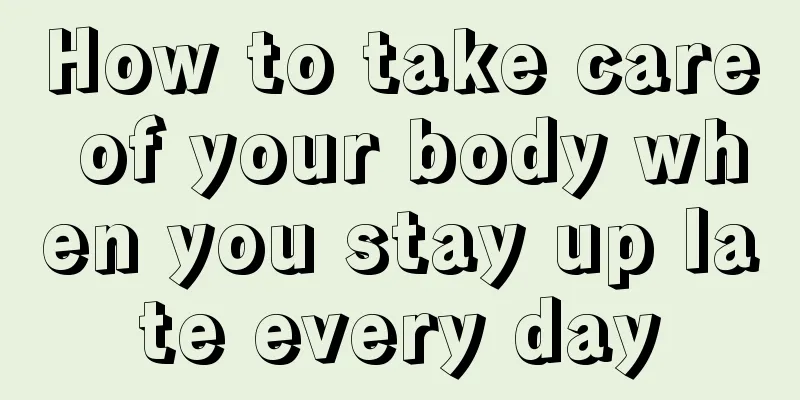How to clear blocked ears due to cold

|
Many people will have more blood congestion in their brains due to colds and fevers, which may cause stuffy ears and inability to hear external sounds as if the ears were blocked. This situation is caused by increased heat in the brain due to colds and fever, and it cannot be ruled out that it may be related to inflammation, so you need to take anti-inflammatory drugs in time, and the ears will slowly become unblocked as the temperature drops. The ear is divided into three parts: inner, middle and outer. The middle ear is connected to the nasopharynx through the Eustachian tube. The Eustachian tube is the only channel for the middle ear to communicate with the outside world through the nasopharynx. Under normal circumstances, the air pressure inside and outside the middle ear is basically equal and consistent with the atmospheric pressure. Under physiological conditions, the air in the middle ear will be continuously absorbed by the middle ear mucosa, but the intermittent opening of the Eustachian tube will allow fresh air to continuously enter the middle ear, thus maintaining the pressure balance inside and outside the middle ear. However, when you have a cold, your Eustachian tube may be blocked due to a blocked nose, which will cause the air in the middle ear to be absorbed without being replenished accordingly, forming negative pressure and causing a stuffy feeling in the ears. Children are more likely to have blocked Eustachian tubes. This is because their Eustachian tubes are not fully developed compared to adults and are short, flat and straight. Children also have adenoids (close to the Eustachian tubes), especially enlarged adenoids, which are also factors that can easily affect the Eustachian tubes. Therefore, the function of the Eustachian tubes is more easily affected after a cold. Generally speaking, the more severe the nasal congestion caused by a cold, the more likely it is that the ears will feel stuffy; blowing your nose hard after a cold can also cause this situation. When this happens, you first need to actively treat the cold. Once the cold is cured, the symptoms will generally disappear. To relieve the symptoms of stuffy ears: press your palms on your ears, pressing and releasing them; or take a deep breath, pinch your nose, close your mouth, puff out your cheeks and blow air, and you will hear a "pop" sound in your ears. These two methods can massage the eardrum or blow air into the middle ear, changing the pressure inside and outside the middle ear and making the ear unobstructed. In addition, chewing gum and swallowing and yawning can also help open the Eustachian tube and relieve ear stuffiness. If these cannot relieve the stuffy ears, you need to go to the hospital for treatment as soon as possible. Because the ear stuffiness continues, due to the continuous negative pressure, the veins in the middle ear mucosa dilate, the permeability increases, and serum leaks out and accumulates in the middle ear, leading to secretory otitis media. The situation is more serious at this time, the ears will feel swollen and painful, and hearing is often affected. Nasal medication and Eustachian tube blowing (a way to open the Eustachian tube) are both conventional treatments. If the condition is serious, tympanic membrane puncture may be performed if necessary. Once otitis media develops, you should avoid blowing your nose forcefully. |
<<: Can coffee and wine be drunk together
>>: What is the most effective medicine for itchy ears
Recommend
Causes of Syringoma in the Corner of the Eye
Syringoma at the corner of the eye is a very comm...
What are the folk remedies for treating epilepsy?
Epilepsy is a chronic brain disease that has a si...
How to clean a black pot bottom
Sometimes the bottom of the pot is too black and ...
What medicine is good for duodenal bulbitis
Duodenitis is a common digestive system disease w...
What are the exercises for treating frozen shoulder?
Shoulders are the part that bears heavy loads. Pe...
What should patients with lymphoma pay attention to
What should patients with lymphoma pay attention ...
Arsenic poisoning symptoms
Arsenic is one of the oldest poisons used since a...
What is the treatment for allergic conjunctivitis
Allergy is not only a common cause of some skin d...
What is the folk remedy for tongue cancer
Tongue cancer is a malignant tumor with a high in...
Exploring the survival period after pancreatic cancer surgery
Pancreatic cancer is a common malignant tumor. Si...
Are light eyebrows hereditary? Light eyebrows
Some people actually have very light eyebrows. Bu...
The benefits of cooking millet, mung beans and red dates together
Nowadays, people are more aware of their physical...
Can I eat strawberries if I have high blood sugar?
If your blood sugar level is high, you will need ...
Sequelae of chemotherapy for nasopharyngeal carcinoma
Chemotherapy is an effective method for treating ...
Can urinary tract infection be treated with intravenous drip?
Urinary tract health is a very important part of ...









